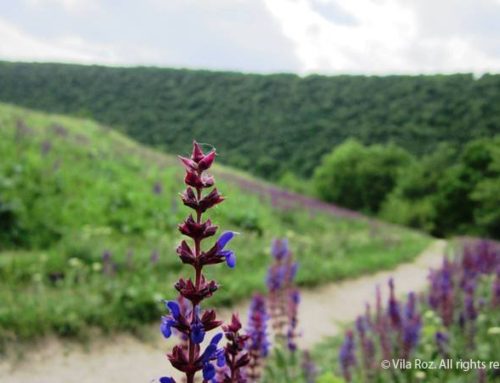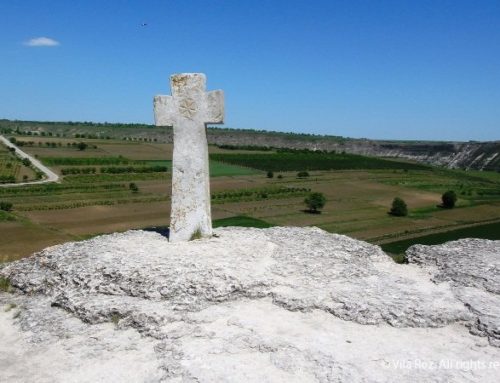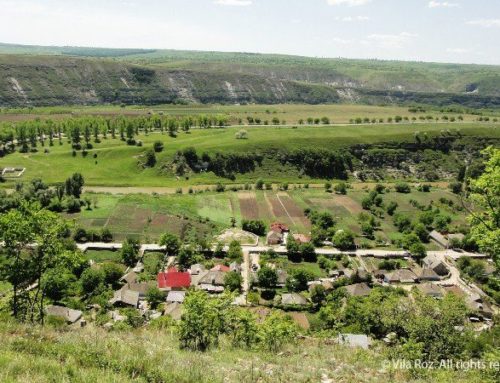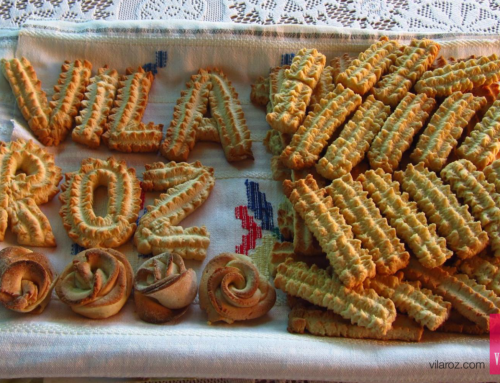Moldova has a unique culture, rich in holidays, customs and traditions. Shaped by history, customs and traditions have emerged from the combination of Russian, Ukrainian, and other influences with local Moldovan knowledge. For example, in Moldova it is customary to greet guests with home-baked bread, a pinch of salt and a glass of wine.
Holidays in Moldova are celebrated throughout the year, however the most important holidays are during winter are in strong connection to the orthodox Christian religion.
Winter Holidays
Winter is notorious for the multitude of traditions and holidays. On the 6th of December we celebrate St. Nicholas – marking the opening of the cold season. A children’s favorite, on the night of St. Nicholas sweets or gifts are left inside their shoes, but only if they behaved throughout the year and have always kept their shoes clean.
In Moldova, Christmas is celebrated according to two different calendars: the old (still followed in Russia) and the new orthodox calendar (followed in Romania); therefore, some families celebrate on the 25th of December, while the majority of the population still celebrate Christmas on the 7th of January. On Christmas Eve, children, but also adults, go door-to-door to announce the birth of Christ. They usually sing carols accompanied by mini plays, for which they are rewarded with sweets or money.
On New Year’s Eve, children will again go door-to-door to offer warm greetings, wishing a Happy New Year, prosperous and beautiful achievements; and they are rewarded with sweets or other goodies.
Easter Holidays
Easter celebrations are abundant according to local customs. On Easter’ eve, housewives are decorating eggs with both dye and natural ingredients; the traditional color being red. Easter preparations include baking the traditional Easter cake and cookies. On Christmas night, also called the resurrection night, the entire family attends church service to hallow these traditional dishes. In the morning after the consecration, everyone is washing their face with a red and a white egg, which symbolize strength and purity, with basil leaves and few coins which are thought to bring health and wealth. The “ritual” is followed by a meal where the whole family celebrates.
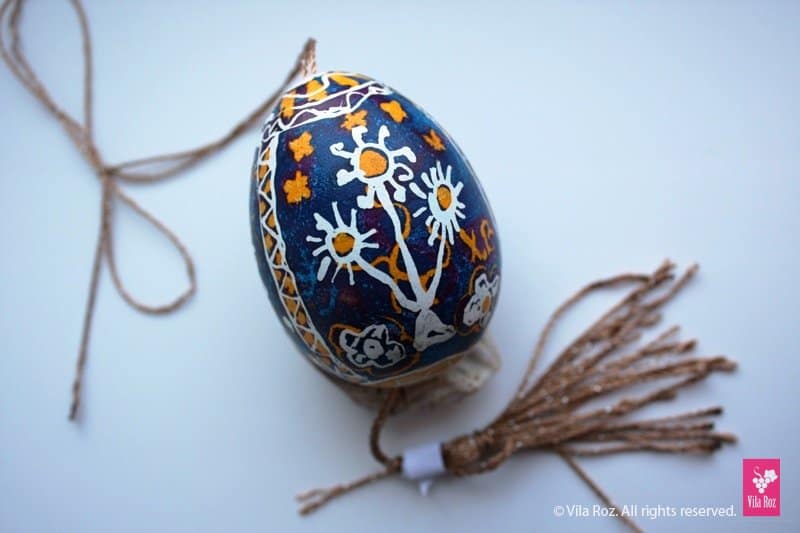
Other Holidays
Another significant holiday is St. Andrew – a day when young girls are having fun by witch-crafting. It is said that on this day you can reveal your fate. Another tradition for Saint Andrew’s is during the night for young men to stealing the gates of homes where there are girls ready to marry.
The 1st of March is the celebration of the arrival of spring. Starting with this date all Moldavians hang a martisor on their clothes, in the region of the heart. They are unique symbols, in which the presence of white and red colors is obligatory. White signifies purity, and red – life.


